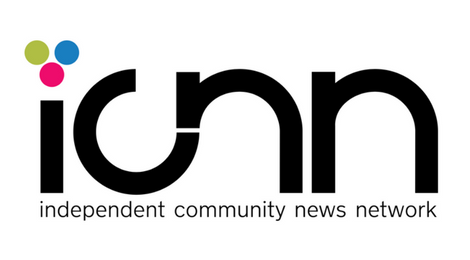
FROME based charity, ADD International has celebrated 30 years of fighting for the rights of vulnerable disabled people in Africa and Asia.
ADD International is a disability rights organisation fighting for independence, equality and opportunity for disabled people living in poverty in Africa and Asia.
Since it was set up in Frome back in 1986, the charity has changed the lives of thousands of disability activists living in some of the most remote regions of Africa and Asia to support each other and other disabled people living in extreme poverty.
Chris Underhill, founder and former Chief Executive of ADD said, “When we founded ADD International back in Frome in 1986, we thought surely we can do something to not only improve the situation, but to create something long term. And look where we are now.
“Disability discrimination is rife in the countries where we work and at ADD International we’ve learnt that social change requires deep shifts in thinking. But how to achieve that?”
Clare McKeown, member of the funding team, explains, “The ADD way has always been to support those who have courage and a bold vision for change. For the past 30 years we’ve been working in Africa and Asia supporting disability activists and their organisations to become effective at lobbying, campaigning and speaking up for disabled people in their communities. In the next 30 years, we want to continue doing all we can to support their work.”
On the 10th May, friends of ADD International gathered together at the Rook Lane Chapel to celebrate 30 years of changing lives. During the event, guests heard first hand how much life has changed for disabled people worldwide in the last 30 years thanks to ADD International and the disability activists that ADD supports.
One of the stories told was Becky’s, a disability activist fighting against dangerous myths in Uganda, thanks to ADD International.
“Becky lives in Mbale, Uganda where she works as a nurse. Kind and sweet-natured, you can tell that she has the perfect bedside manner. She also enjoys contributing to her community and representing people with albinism in a public-facing role – she has fought hard to be so confident, as she wasn’t always so outgoing.
“Myths about albinism fuel fear and sometimes brutal violence in regions of Uganda. Misguided beliefs that children born with the condition are demons or a curse caused by family wrongdoing mean that many people like Becky grow up in hiding. Previously, other parents, when they gave birth to albinos, they would throw them in the toilet’, she told us.
“Teachers and friends used to fear for her safety and her parents would forbid her from going to town alone. I was so scared, even before they had told me not to go into town…I had stopped going.’
“She was lucky to have a support network around her, but many are not. Becky’s parents were understanding, as they had been educated about albinism. But, she tells us, other parents without access to support and information, have been fearful of their children’s condition,
‘A woman from my village gave birth to three children with albinism, but she did not understand it. She gave birth to the first one, he was an albino: she threw him in the toilet. The second one; she gave birth to another albino; she was also thrown in the toilet. Then the husband told her, ‘this time if you throw my child in the toilet you will also die’ … she gave birth to the third one, it was also an albino, so that one remained. That boy grew up, he was educated and he became an engineer.’
“Becky is now proud to work as a disability activist with EFPA, Uganda’s first Disabled People’s Organisation for people with albinism, funded by ADD International. EFPA works to increase visibility of people with albinism, to provide them with support and to dispel harmful myths. Their work is making real and lasting change, because no one understands better what surviving with albinism in Uganda means.
“The work that Becky and the members of EFPA do is changing attitudes, with more parents accepting and understanding their children’s condition.
“Thanks to EFPA’s outreach and awareness work, Becky has seen attitudes around her condition change dramatically. People with albinism are more visible in the community, working as nurses, teachers and taxi drivers.”
Read Becky’s full story: www.add.org.uk/growing-up-in-hiding























